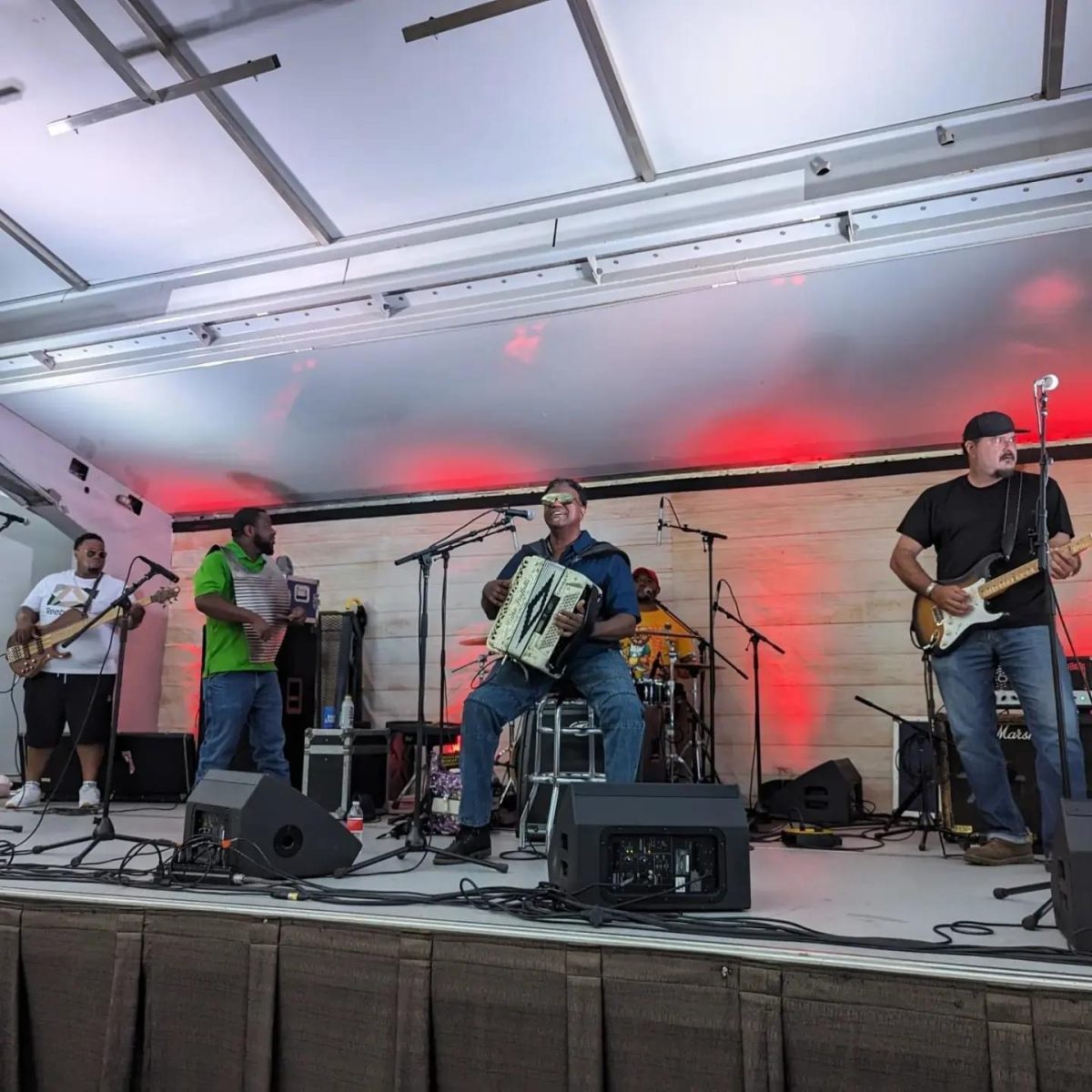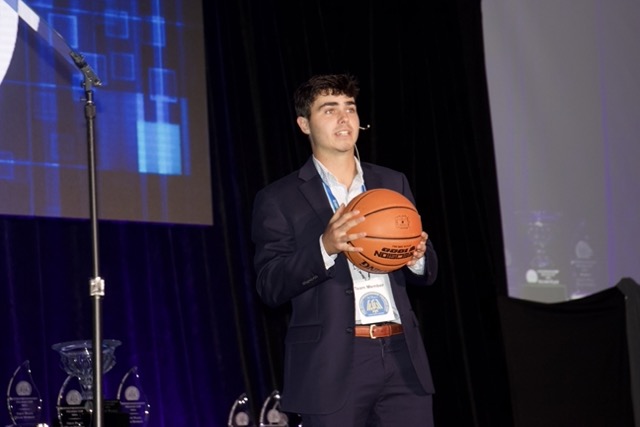Everyone has those nights where they become best friends with their textbooks and laptop, pitch a tent in the library and prepare that midnight coffee.
It’s never a strange sight to see students in the library until closing or overhear someone talking about staying up all night to study for a big test or write an essay.
All-nighters seem like part of the college experience, but those long nights come with more adverse effects than benefits.
Killian Garvey, a psychology professor, said that studying all-night is just more work for fewer payoffs. According to Garvey, a large part of memory is encoding. The brain does not encode things when people are tired.
“We encode much better in a distributive process. For instance, if you have to memorize 100 things for a test, it would be a really bad idea to try and do it all at once. You should do it in smaller bits and let the mind rest,” said Garvey.
Putting sleep on the backburner when it comes to last minute studying can have a lot of negative health effects.
According to collegestats.org, sleep is necessary because it allows the brain to replenish itself and preserve memories.
Reasoning skills and attention span are slowed by sleep deprivation.
A study conducted by St. Lawrence University revealed that students who relied on the all-nighter tactic of studying had an average GPA of 2.9. Students who have never pulled an all-nighter had an average GPA of 3.1.
“Your brain needs at least three days to absorb something and, if it’s complicated, it may take six to eight,” said Garvey, “You don’t even necessarily need to study more, just earlier and in smaller bits.
But lack of sleep can cause physical health affects as well. The Associated Professional Sleep Societies discovered that 30 percent of working adults who get less than six hours of sleep per night are four times more likely to suffer a stroke despite exercise or healthy eating habits.
Emily Wright, a sophomore pre-pharmacy major, tries to avoid all-nighters and actually finds them to add to an already stressful situation.
“When I take breaks, what I learn actually sticks with me. The brain isn’t designed to run on no sleep,” said Wright.
But not every student feels the same way.
Michael Roboski, a senior marketing major, said that he usually pulls an all-nighter once to twice every other week. He relies heavily on coffee to get him through the long nights, and finds himself struggling through the next day.
“It’s miserable,” said Roboski, “but it gets me in the test mindset.”
Roboski believes that he is doing more than just cramming and finds information easier to recall after having just studied it.
“When I spend so many hours in a row dedicated to one subject, I feel like I am more prepared,” Roboski said.
Although Garvey said that caffeine can get people wound up and aroused, which means that the nervous system is coding faster and in arousal the brain is more likely to remember something, a person needs at least eight hours of sleep.
“The process of rapid eye movement, which you only get in sleep, consolidates memory. If you don’t enter REM, you don’t remember,” said Garvey.








